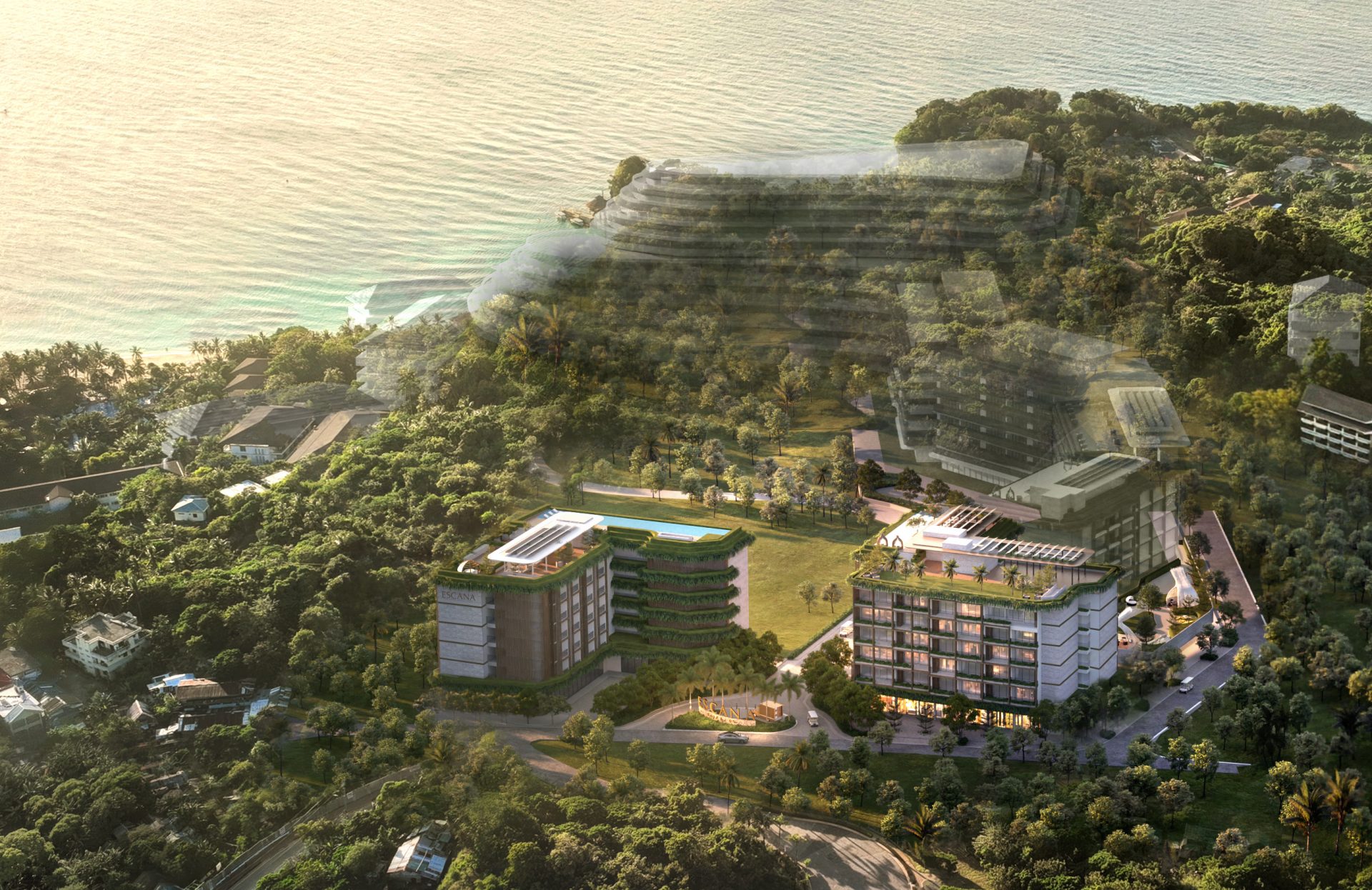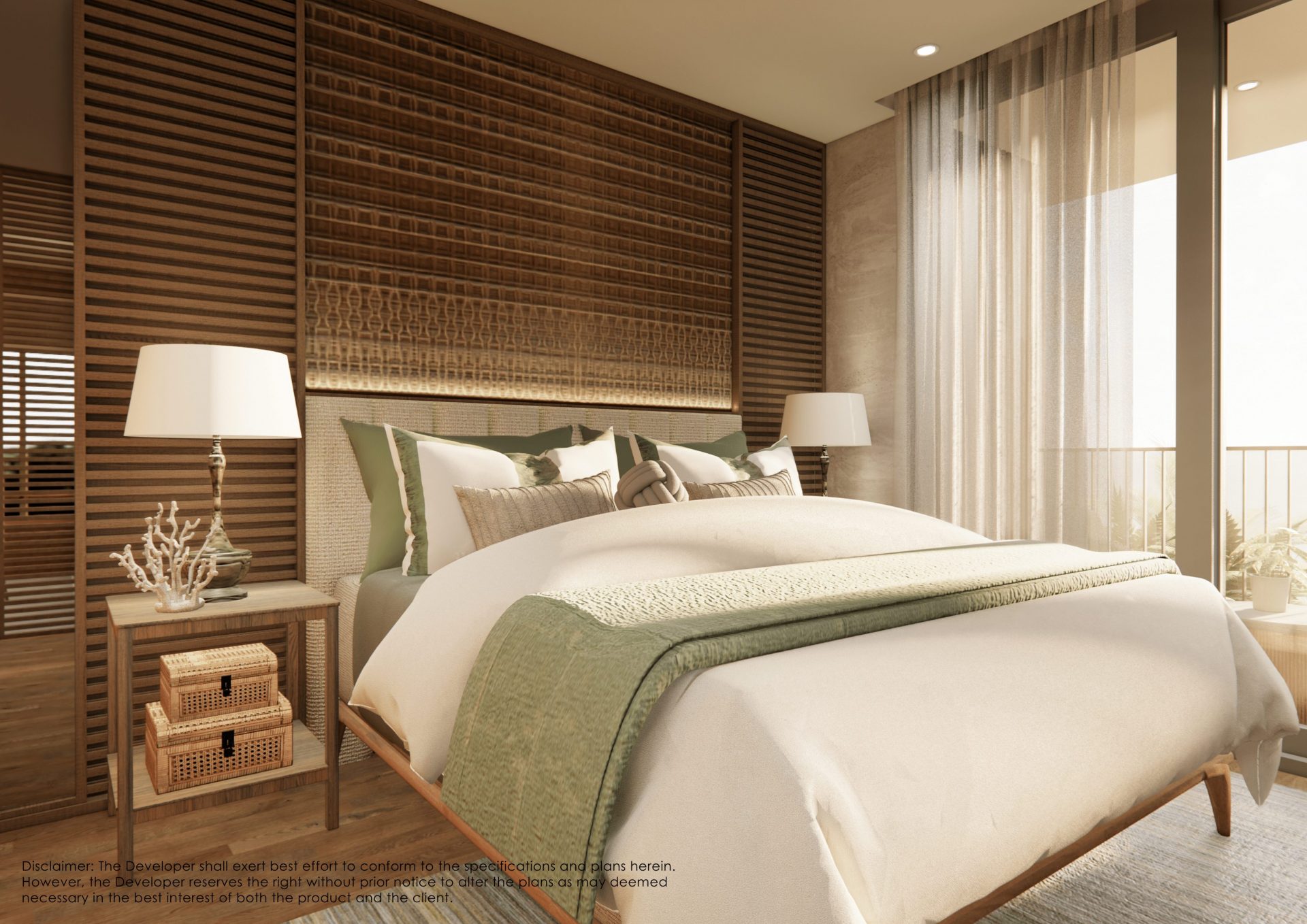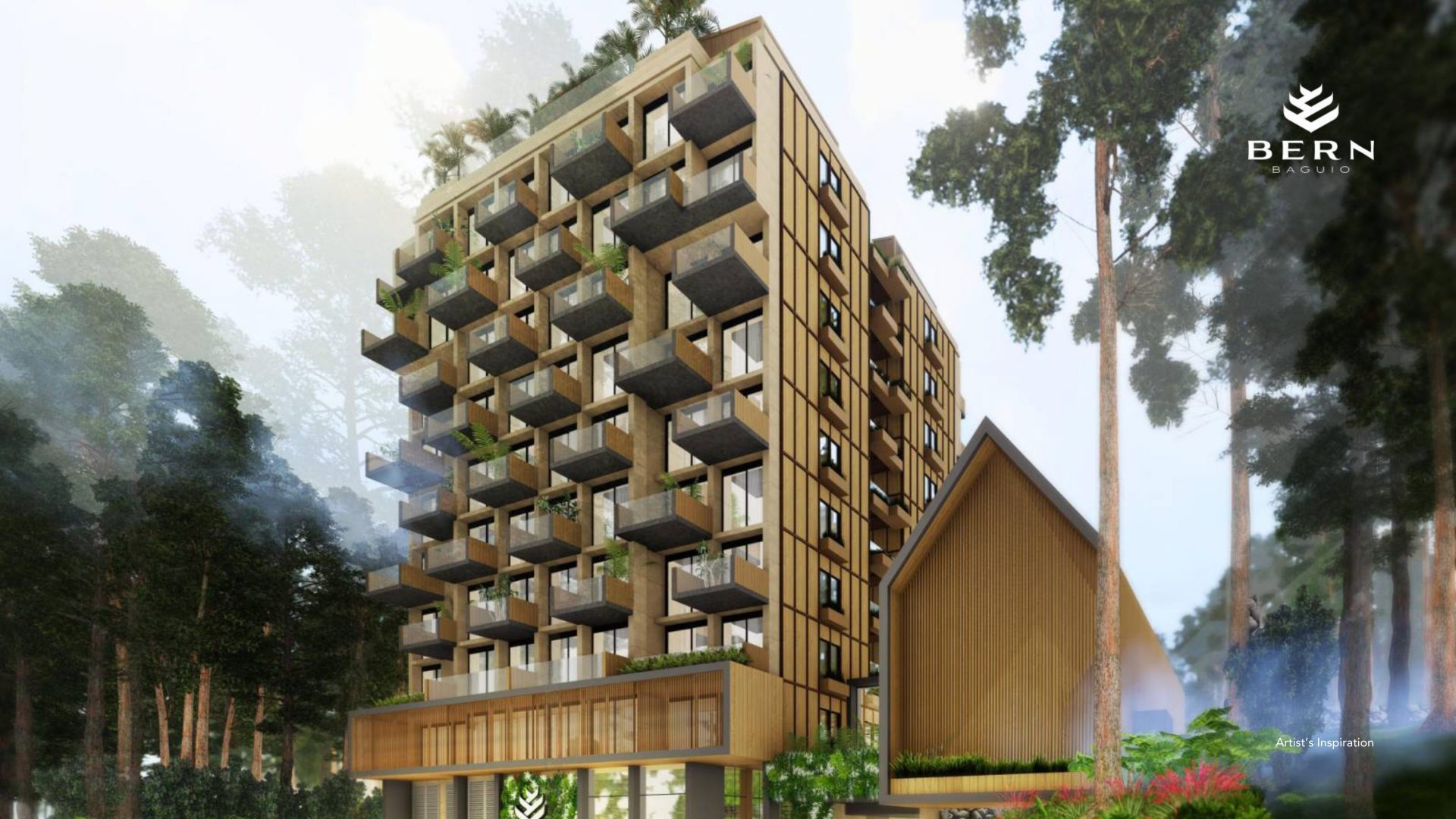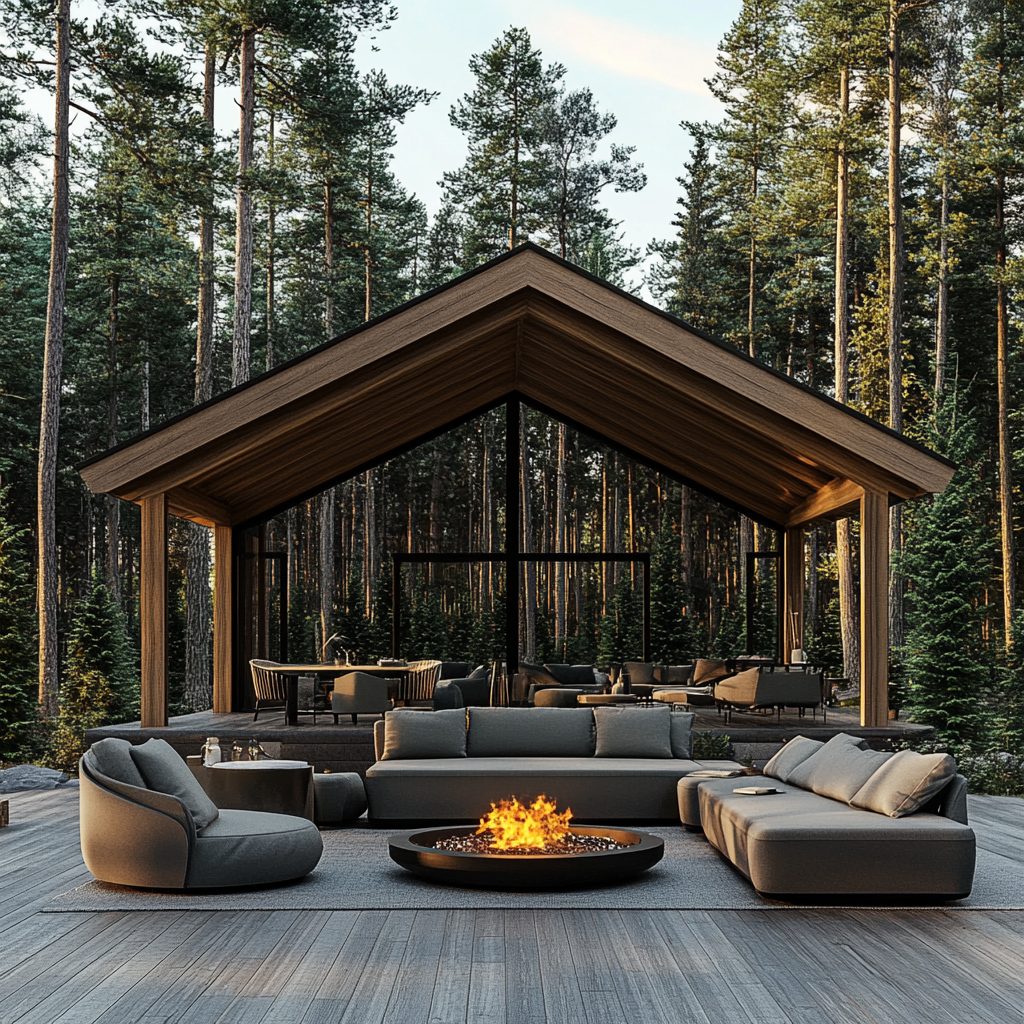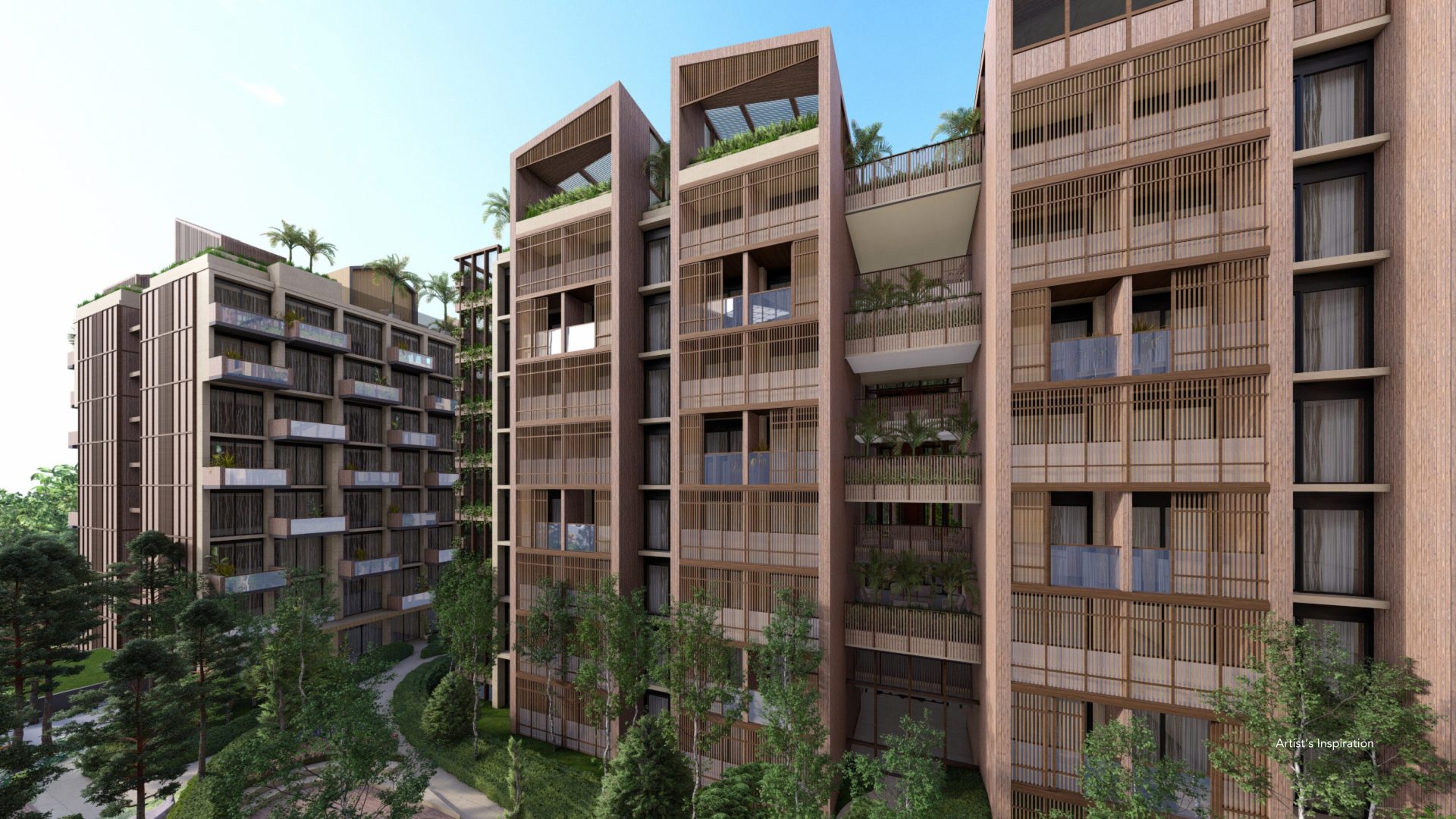BLOGS
What You Need To Know About Condo Ownership
Nowadays, there are plenty of available options for potential homebuyers. One of the most popular choices for those looking for a residential property or a real estate investment is a condominium or condo, for short.
A condominium is a real estate property with multiple units sold to homebuyers for each team. Unlike the more traditional house and lot properties for sale, owning a condo will require an understanding of the rules of partial ownership in a shared property.

Over the years, there has been a negative connotation regarding condo ownership. Many people tend to dismiss the entire idea of investing in a condo property because of the disadvantages of owning one. But the reality is, there are indeed pros and cons to owning any real estate property. Still, owning a condo remains an excellent investment as long as it fits the needs and preferences of the owner.
If you are thinking of investing in your condo unit shortly, some commonly asked questions include the owner’s rights to the property, lifespan, rules for renting out the condo to other tenants, and many others. To understand the rules of condo ownership, this article will discuss everything you need to know before purchasing your unit.
Types of Condo Ownership
In the Philippines, there are two kinds of condo ownership: leasehold and freehold.
Leasehold ownership is pretty straightforward—it is a lease. If the condo developer is offering this kind of ownership, this buys the right to live in the property for a fixed amount of time, usually 25-50 years. Once the contract ends, the owner or developer can extend the lease or ask you to return the property.
On the other hand, freehold ownership means that you will be the owner of the condo unit in perpetuity or without a fixed end date. Freehold ownership gives homebuyers the right to live in the property for as long as they want. The freehold ownership will allow the homebuyers’ legal heirs to inherit the property when they pass away.
For freehold ownership, the property transfer from the developer to the homebuyer is authenticated by the Condominium Certificate of Title (CCT) that will be issued to the homebuyer once the property has been paid. This legal document contains the details of the condo unit, such as location, floor number, unit number, dimensions, and name of the new owner.
Most condo developers in the Philippines offer freehold ownership.
Understanding the Condominium Corporation
Every condo developer must set up a Condominium Corporation where the unit owners will automatically be a shareholder. This is according to the Condominium Act and the Corporation Code.
Being part of the Condominium Corporation means that as a unit owner, you are a co-owner of the property’s common areas and the land where the building is built. This gives the homebuyers a vote regarding the property moving forward, such as restoration or sale.
The share of the unit owners in the corporation may be based on the number of units they have or the total floor area of all their units.
Buying a Condo Unit
Before proceeding to buy a condo unit, there are a few things that need to be checked to ensure that you are eligible to do so. There are unique rules in real estate ownership that differs for every country in the world.
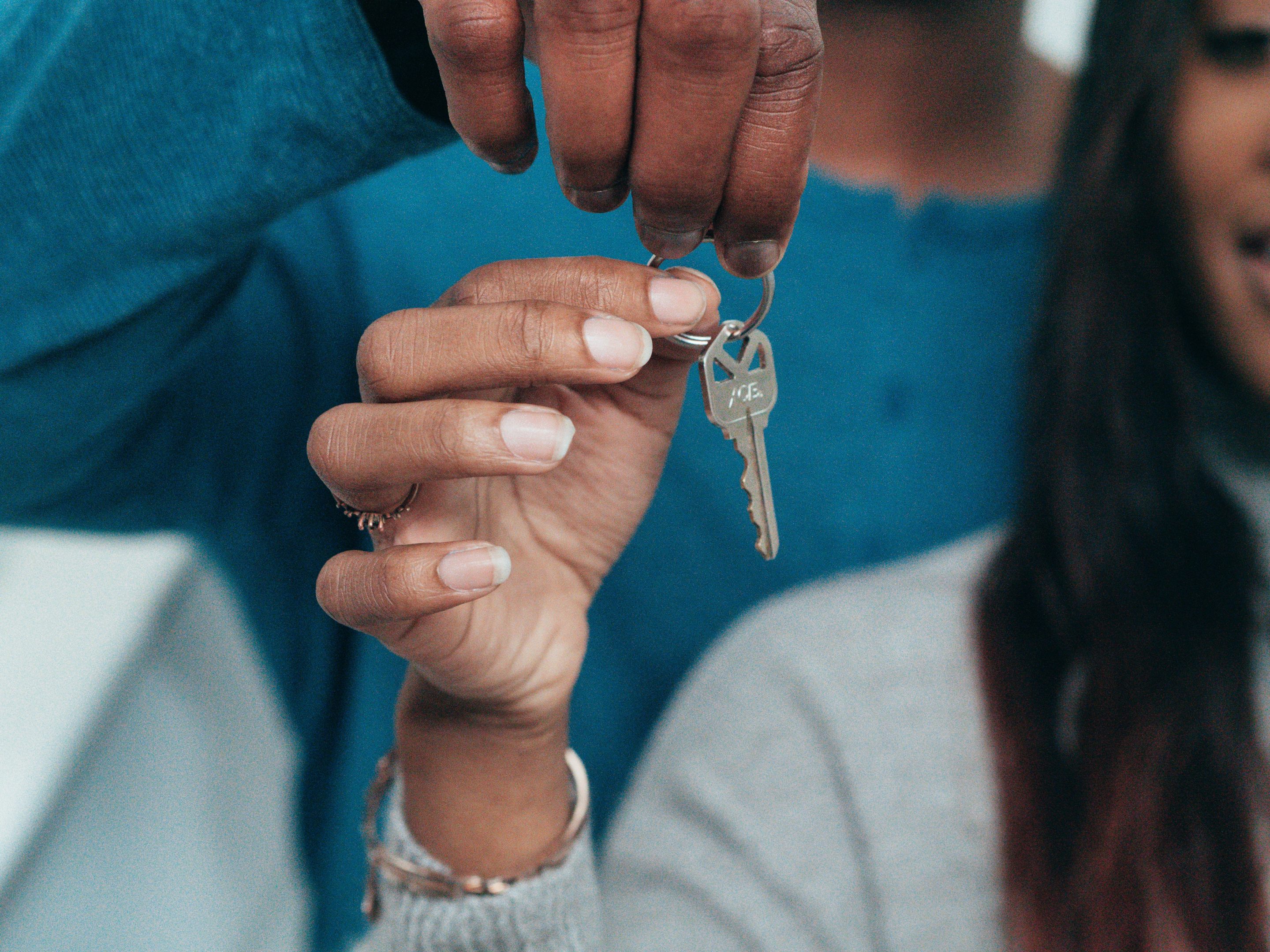
Who can buy condo units in the Philippines? Filipino citizens, corporations, and foreigners are eligible to purchase and acquire condo units. However, for foreign ownership, the rule is that it will not exceed 40 percent of the entire condo property. Violation of this specific rule is against the law.
The same rule applies when selling a condo unit. Even though homebuyers have the right to sell or transfer the units to anyone under freehold ownership, this cannot be done with a foreigner when the entire property exceeds the 40 percent foreign ownership.
The subsequent steps in buying a condo unit may differ from one developer to another. Hence, it is best to discuss with the developer’s real estate agent or sales team to know the exact process of buying a unit in their condo project.
Rules for Leasing, Selling, or Renovating
Leasing
Renting out a condo unit for staycation purposes or a long-term lease is already a familiar concept to many. It is one of the top reasons people invest in condo units—many homebuyers use their property as a source of passive income.
One of the best condo projects that are popular for a staycation is Brittany Corporation’s Alpine Villas at Crosswinds. Located in the breathtaking province of Tagaytay, visitors are guaranteed to have a wonderful stay because of its luxurious community, proximity to tourist attractions, and accessibility from the metro.
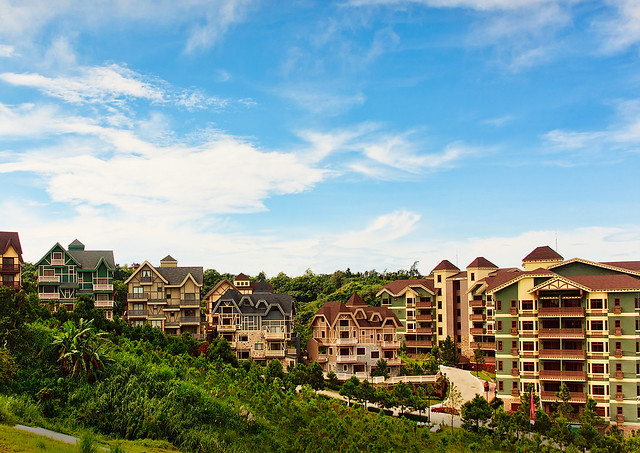
However, not all condo projects allow renting out the units. It depends on the type of use and rules specified in the condo’s Master Deed. The different services include residential, commercial, office, resort condo, condotel, or dormitory. Each has a unique set of rules that homebuyers need to comply with. For instance, a condo project operating for office use in the Master Deed might not be allowed to be rented out for residential purposes.
Also, each developer has restrictions in place to protect the marketability of the condo project. One of the most common restrictions is the prohibition of pets on the property. Knowing these rules beforehand will help you choose the right condo unit to buy.
Selling
As previously mentioned, homebuyers with freehold ownership of the property have the right to sell or transfer the condo according to Condominium Act of the Philippines. Any of these actions will take effect on the membership or share in the Condominium Corporation as well which cannot be transferred separately from the condo unit.
Renovating
Most of the time, renovations are allowed as long as it done within the condo unit such as paint jobs, tiles, and decorations. But for more accurate instructions, it is best to double check with the condo developer to avoid fines or unnecessary fees.
Lifespan of a Condo Project
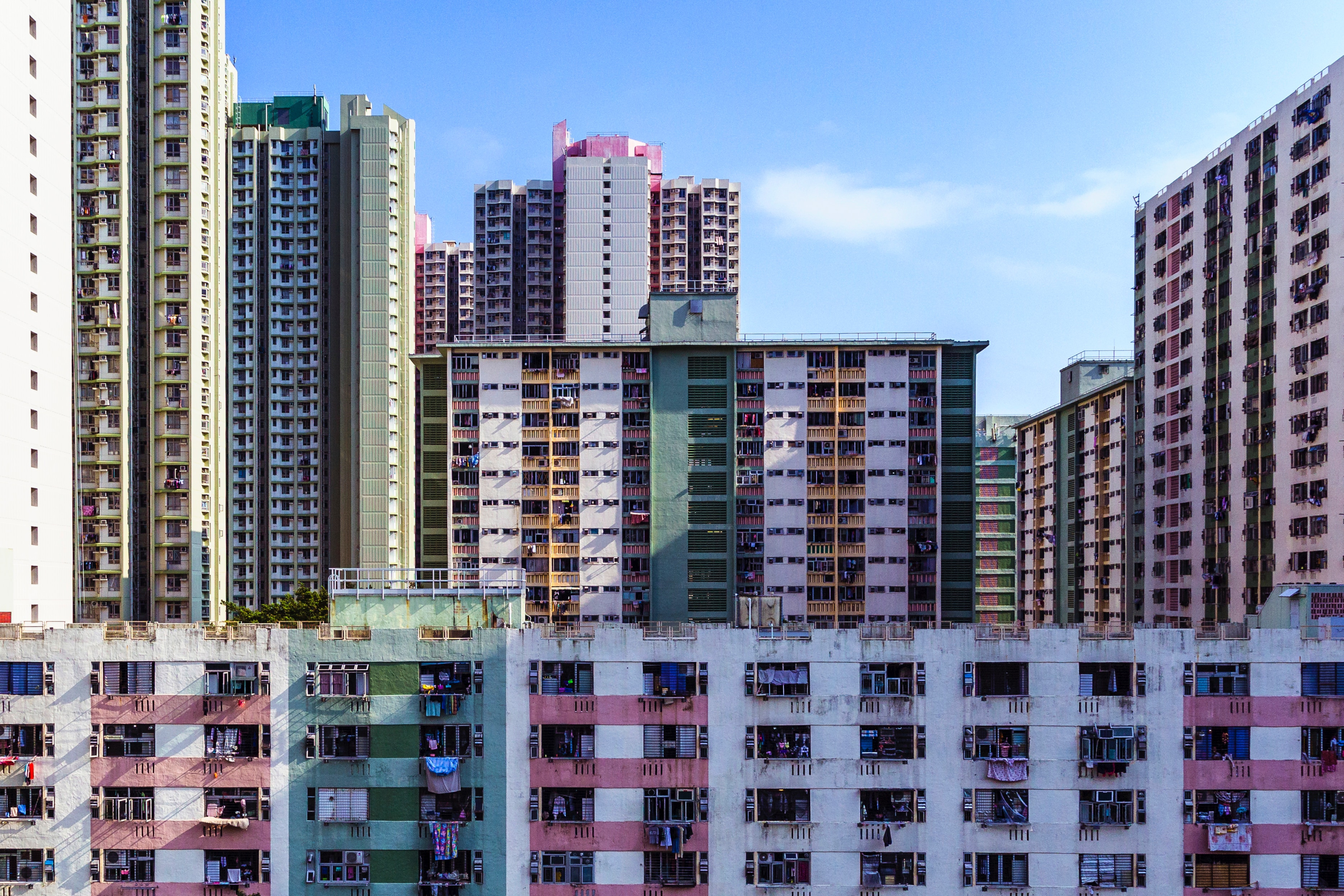
The common misconception about condominium is that it has a maximum lifespan of 50 years. This makes potential buyers hesitate in buying a condo unit.
However, according to Republic Act 4726, these are the conditions to dispose or dissolve a condominium project: 1) It is more than 50 years old, 2) It is obsolete and uneconomical, and 3) More than 50% of the shareholders do not agree in restoring the project.
If all three are met, the building is most likely to be tear down.
Although, there are other scenarios when a condo project can also lead to dissolution: 1) There is a sizeable damage and the property has not been rebuilt for three years, 2) If about half or more of the units are not suitable for dwelling and more than 30% does not want to restore, 3) If the government has condemned the condo and 70% are opposed to its continuation, 4) The conditions of dissolving or disposing the project in the declaration of restrictions are met.
In this case, the property will either be sold or disposed to benefit the owners.
The odds might not sound good especially if you are hoping for a long-lasting dwelling for yourself or the family. The bright side is that condominium projects nowadays are made with modern materials that are meant to last many decades.
As a condo unit owner, or any real estate property for that matter, it is your due diligence to cooperate when it comes to the maintenance of the property. This is meant to protect the building’s structural integrity and marketability. When properly maintained, a condominium remains to be a good investment that can give a great return over time.
Own a Luxury Condo at Alpine Villas!
Ready to get into condo ownership? Find your best options at Brittany Corporation’s Alpine Villas at Crosswinds!

Alpine Villas is one of the enclaves that will be situated by the entrance of Crosswinds Tagaytay’s exclusive community. These mid-rise villas will surely be some of the most beautiful houses in the Philippines you will see that are surrounded by nature around the area.
Brittany Corporation is known for its stunning developments of luxury homes for sale. Their extensive portfolio includes luxury real estate properties—luxury house and lot, luxury lots, and luxury condo—that are equipped with features and amenities to complete the luxury living experience.
READ NEXT ARTICLE: HOW MUCH DRINKING WATER YOU NEED BASED ON YOUR LIFESTYLE
READ NEXT ARTICLE: WHAT HOMEBUYERS VALUE IN A REAL ESTATE AGENT



